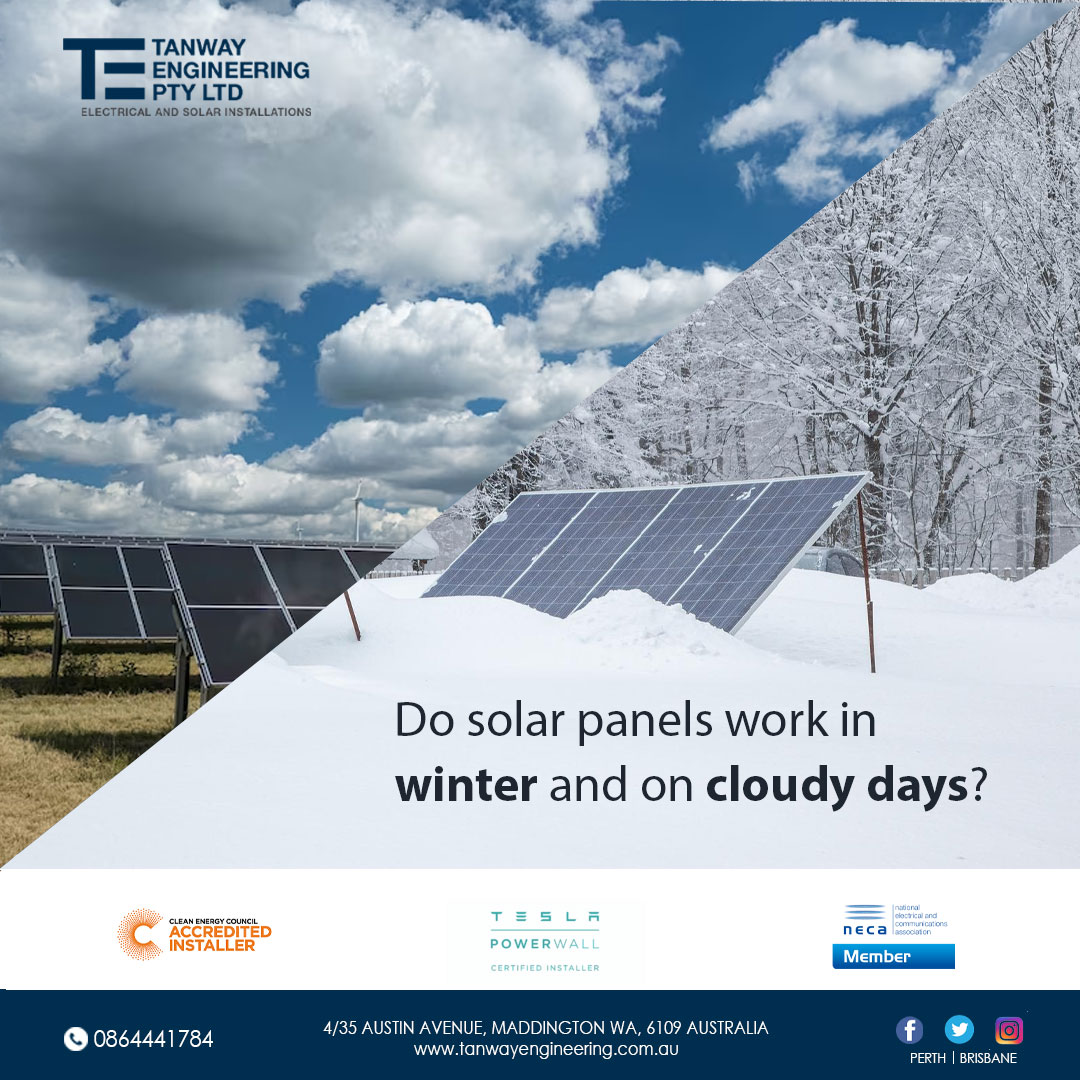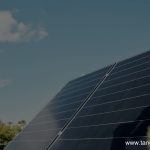Do solar panels work in winter and on cloudy days?

Thinking about having solar panels installed in homes might naturally leave you with a question— Are the solar panels right for my home?
You would be interested to buy Solar Panels in Perth, and might also wonder whether they work during cloudy days and winters.
Solar panels get energy from the sun, but that doesn’t mean they work only during afternoons or summer days. You can experience the best from solar energy every day— even during cloudy days.
Want to know more about how this works? Read the coming sections of the blog to figure out how solar panels work during all months of the year.
How do solar panels produce energy?
Every solar panel consists of solar PV cells, ie. solar photovoltaic cells which produce power from daylight. These are made with the help of semiconducting substances, such as silicon.
The photovoltaic cells gather or absorb photons. While light touches them, they generate particles called electrons, which further move to generate electricity, and the power is termed as photovoltaic energy.
The energy further gets transmitted to a solar inverter which converts to AC, used in most appliances. The energy. This means solar PV panels will produce electricity during the day.
Photovoltaic panels use either direct or indirect sunlight to produce power, but they are most efficient during direct sunlight. They also work well under reflected or partially reflected light on a cloudy day.
Rain helps your panels to operate efficiently while removing dust or dirt. For the areas with high metering policy, you can also use the excess energy that panels generate during sunny hours to work at night and other times—when the panels don’t operate at their complete capacity.
Do cloudy days impact solar output?
The ideal amount of energy produced relies on various factors like cloud density and solar panel quality. Certain panels work well under reflected and diffused light, which means they can gather a wide range of solar energy spectrum (usually red and blue wavelength).
This helps them to produce high-end energy output even during overcast days. Solar panels take a quantity of less dense clouds to cover the sun completely and prevent the sun’s rays.
Cloudy days or partly sunny days do not mean that you won’t get sunburned, isn’t it? Similarly, solar radiations still penetrate through the clouds on a cloudy day.
Which solar panels work efficiently in cloudy weather?
Compared to conventional solar panels, high-efficiency panels make high energy on a cloudy day. This can help to get maximum energy even during cloudy climates or when the trees shade your roof partially during the daytime.
Also, some solar cells are capable of capturing a broad range of UV light (typically the blue and red wavelengths) to offer high energy production during various weather conditions.
Some cells also include a backside mirror, where the thin Aluminium layer can bounce some light photons for a second chance for absorption, which went unabsorbed on the first pass. This can also result in a high output of electrons from the same light input.
Final Note
Modern solar panels can work reasonably great in cloudy weather and winters, though the light during chase weather is not usually strong.
But the sun doesn’t stop working suddenly due to a bit of cloud, hence there is no need to worry about the solar panels stopping working during rainy or cloudy days.
In short, solar panels can work in cloudy weather well when you choose to buy solar Panels in Perth from the best providers like Tanway Engineering.
To know more about the solar panels we offer, and our services for solar system installation in Perth, get in touch today!



